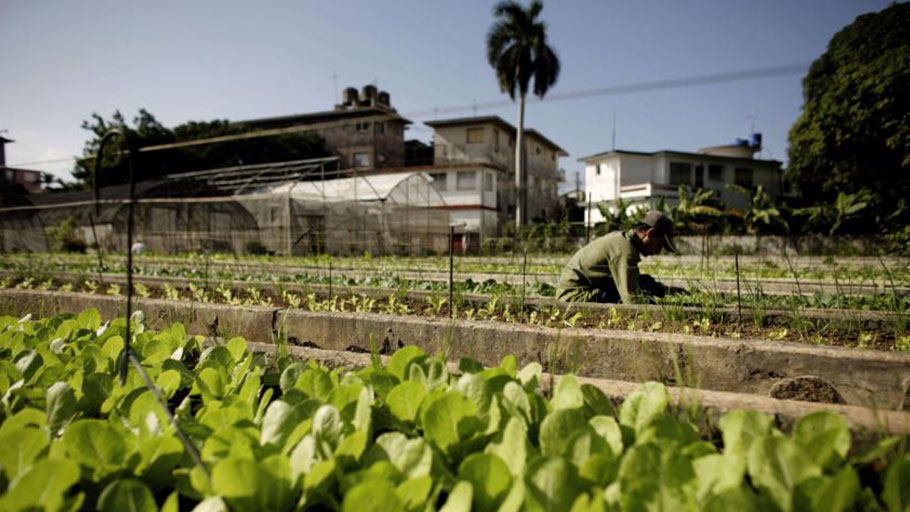Cuba is the most sustainably developed country in the world, according to a new report launched on November 29.
The socialist island outperforms advanced capitalist countries including Britain and the United States, which has subjected Cuba to a punitive six-decades-long economic blockade.
The Sustainable Development Index (SDI), designed by anthropologist and author Dr Jason Hickel, calculates its results by dividing a nation’s “human development” score, obtained by looking at statistics on life expectancy, health and education, by its “ecological overshoot”, the extent to which the per capita carbon footprint exceeds Earth’s natural limits.
Countries with strong human development and a lower environmental impact score highly, but countries with poorer life expectancies and literacy rates as well as those which exceed ecological limits are marked down.
Based on the most recent figures, from 2015, Cuba is top with a score of 0.859, while Venezuela is 12th and Argentina 18th.
The SDI was created to update the Human Development Index (HDI), developed by Pakistani economist Mahbub ul Haq and used by the United Nations Development Programme to produce its annual reports since 1990.
The HDI considers life expectancy, education and gross national income per capita, but ignores environmental degradation caused by the economic growth of top performers such as Britain and the US.
“These countries are major contributors to climate change and other forms of ecological breakdown, which disproportionately affects the poorer countries of the global South, where climate change is already causing hunger rates to rise,” Hickel said.
“In this sense, the HDI promotes a model of development that is empirically incompatible with ecology and which embodies a fundamental contradiction: achieving high development according to HDI means driving de-development elsewhere in the world. For a development indicator that purports to be universal, such a contradiction is indefensible.”
Britain, ranked 14th in 2018’s HDI, falls to 131st in the SDI, while the US, 13th in the HDI, is 159th out of 163 countries featured in the new system.
Hickel added: “The SDI ranking reveals that all countries are still “developing” — countries with the highest levels of human development still need to significantly reduce their ecological impact, while countries with the lowest levels of ecological impact still need to significantly improve their performance on social indicators.”
The SDI is available at sustainabledevelopmentindex.org.
This article was originally published by Green Left.















